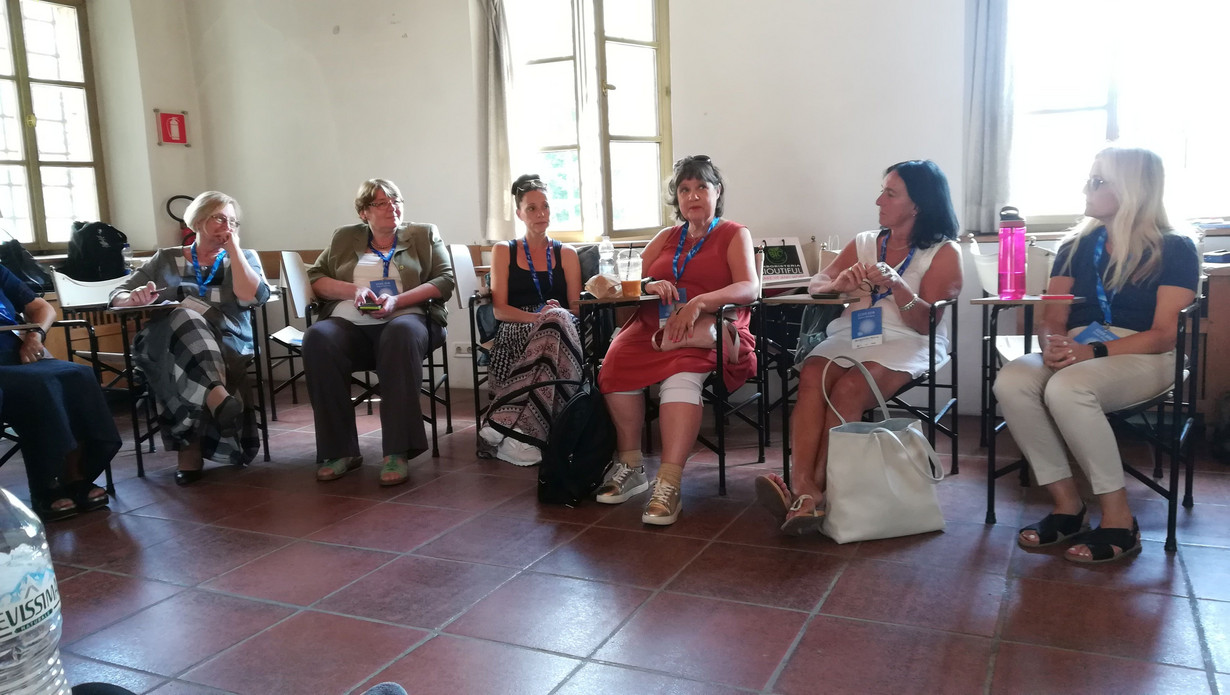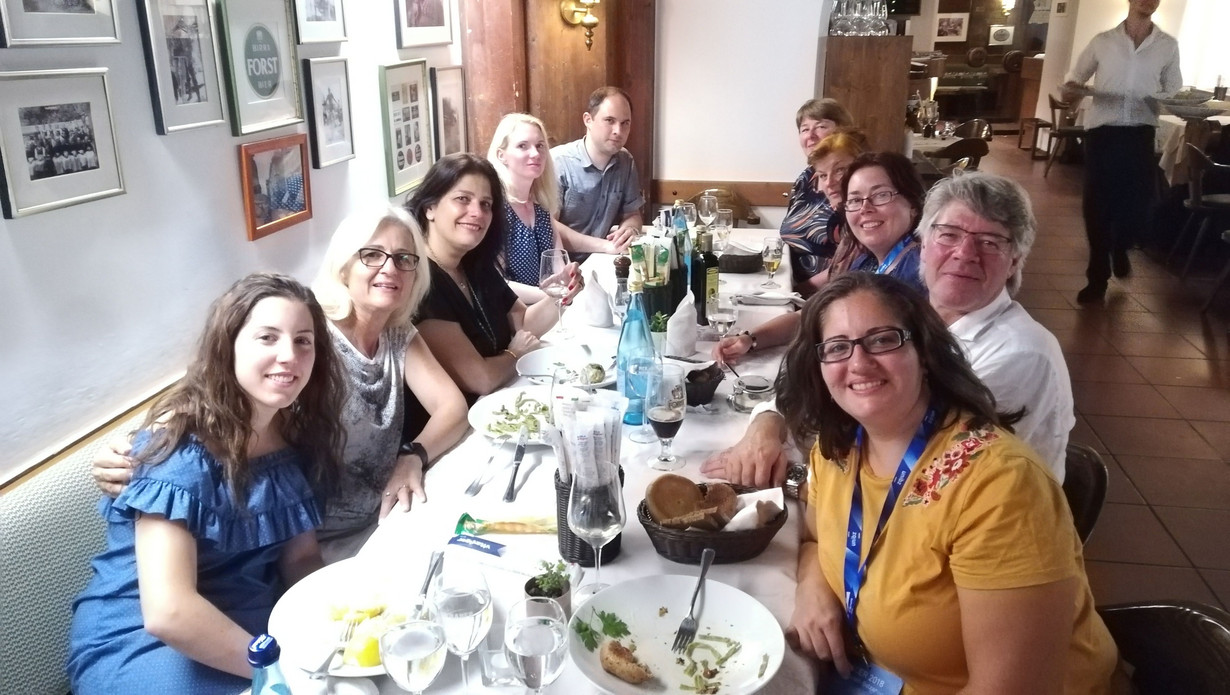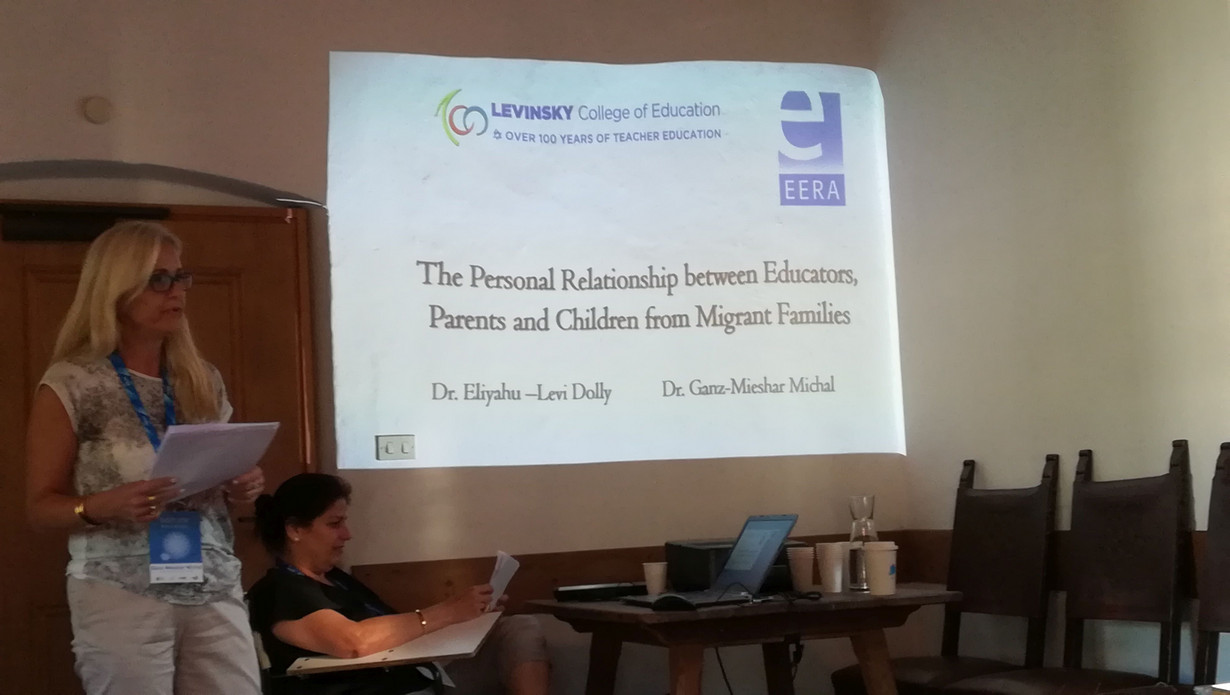For ECER’18 in Bolzano, 30 proposals have been submitted to Network 20. All of these went through a procedure of double-blind reviews and finally 97 % of all applications were accepted, 3% were rejected and 0 % redirected to other networks. The quality of this year proposals was high, and finally Network 20 accepted 29 proposals distributed in 14 sessions.
There were four Joint Sessions, one it was about “Assessing Intercultural Learning Environments” together with Network 9 (Assessment, Evaluation, Testing and Measurement). The three other Joint Sessions were with Network 7 (Social Justice and Intercultural Education) on “Inclusion and Pedagogy Seen through Ethnographic Research Inspired Projects”, and “Pedagogical Agents Dealing with Challenges in School Regarding Inclusion and Interculturality”.
This year NW20 hosted one Symposium “Towards an Inclusive European Citizenship: The challenges and opportunities in negotiating culture and identity in national educational contexts”.
As every other year, the themes on the 2018 conference were broad but of course with a strong focus on cultural issues and innovation in an inclusive educational perspective. The below headlines and questions for different sessions indicate the range of topics covered: Innovative Research Methodology: Educational leadership, problem based learning and language acquisition in an academic, intercultural, inclusive perspective; Inclusion, Interculturality and Refugees: Approaches and didactics; Inclusion Related to Innovation; Bringing Arts Like Photo and Music and Online Learning Environments into Play. All of them quite related to the conference Theme ECER’18: Inclusion and Exclusion, Resources for Educational Research?
Two persons of the network convenors (the link convenor and a co-convenor) have been involved as reviewers in the Emerging Researchers Conference, and participated as invited presenters in Network Workshop “What is interculturality as related to being an Emerging Researcher, reflected and exemplified from a Network 20 perspective – contemporary issues and concerns in Research in Innovative Intercultural Learning Environments”. This workshop aimed at reflecting on how interculturality can make an impact on emerging researchers experiences and hence the emerging research identity. In general, emerging researchers valued positively the workshop and the invited presenters.
Again, this year 'session life' was bookended by the 'Zero Session and the network-meeting. Both activities were well visited with almost 20 people comprised of hard core Network 20 affiliates but also some newcomers. Session Zero is about creating identity and building capacity within our network. Like other years the aim of this central and recurring workshop is to draw together as many as possible of the presenters in Network 20. The objective is striving to build a small research community which will work together during the conference and sessions in the network. Through active engagement of the participants, we will share our understanding of the beliefs and values, which underpin focuses and challenges in Network 20. We will share our own research background and present activities so that we are not strangers when the presentations take place. Through these activities, we will work at building what Maxine Greeme has called 'common-ground' and by Wenger is named ‘communities of practice’. Similar sessions at previous conferences have proved very successful in building a sense of community amongst presenters to Network 20 for the duration of the conference and beyond this.
This general idea, it has been represented in the inerpretations of co-convenors chairing sessions, in which they indicated that the overall sessions quality is 4,5 points in a scale that ranges from 1 (poor) to 5 (excellent).
Regarding the agenda for the NW meeting in Bolzano, we focused on the fact that in this conference there was elections to have a new Link Convenor. As previously it was agreed in ECER’17 Copenhagen, the criteria for the minimum requirements for the new Link Convenor were:
- To have a PhD degree is compulsory as it secures a professional competency and an academic standing
- To have participated actively in Network 20 for at least two years prior to the election is to be mandatory.
Therefore, based on this criteria in mind, after voting, the new Link Convenor elected was Carmen Carmona. Twenty-two network members who attended the meeting voted.
To sum up we should be very satisfied with the Bolzano Conference and I think we have planted some seeds for further development and joint collaboration with other researchers and networks.


